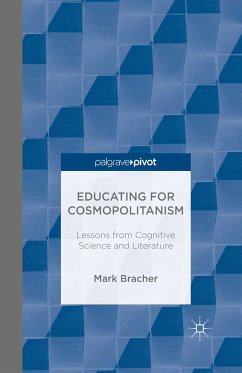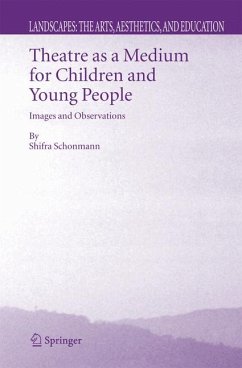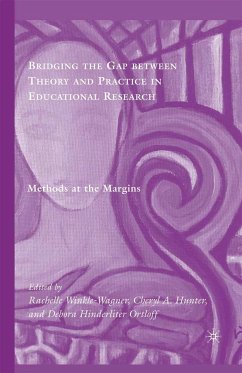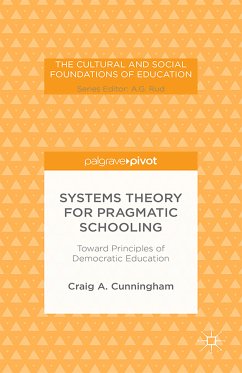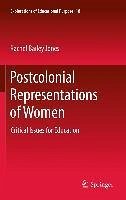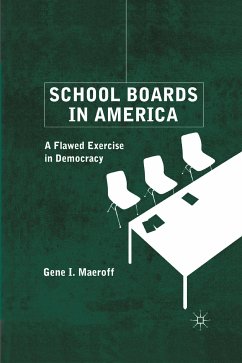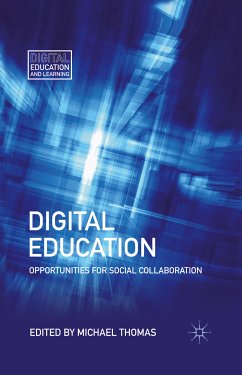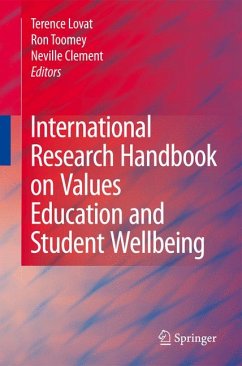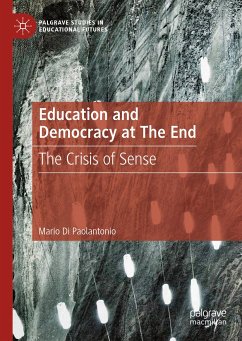"'Below' is a concept-metaphor to describe historical cognitive damage visited upon groups brought up for manual labor and punished for intellectual labor as disobedience, for centuries, not necessarily connected to European colonialism. Subalternity names a condition separated from historical generalizability. Can these lead to institutional practice? Actionable Postcolonial Theory attempts an answer." - Gayatri Chakravorty Spivak, Professor of English and Comparative Literature, Columbia University
"Vanessa Andreotti weaves together in a clear, accessible and above all personal manner, the importance of postcolonial theories to education today. She critiques policies and practices in England around development and international
education and bravely brings in connections to her own family educational experiences. A hugely significant publication for all concerned with the debates around power, inequality and social change within education." - Doug Bourn, Director, Development Education Research Centre, Institute of Education, London
"This book is greeted with pleasure by those who want to keep the 'post traditions' alive. It is a useful guide to how unruly - and important - postcolonial theory can work, both in educational scholarship and in thinking about educational practice." - Alison Jones, Professor of Education, University of Auckland
"Actionable Postcolonial Theory in Education is a thoughtful and welcome addition to the growing conversations about postcolonial theory and its effects on the full range of scholarly activities by faculty and students. In an educational terrain of deepening cynicism, this book will provide a welcome constellation of principles and procedures for the creation of 'safe spaces of inquiry' that should work as accessible entry points into issues concerned with social and global issues. This book shares a selection of sources and presents illustrations for how postcolonial theory can be put to work in negotiating educational discourses." - Angus Hikairo Macfarlane, Professor of Maori Research, University of Canterbury
"Enables the reader to see the development of ideas from theory through to practice . . . a vital and original contribution to Curriculum Studies." - Fran Martin, Senior Lecturer, Graduate School of Education, University of Exeter





